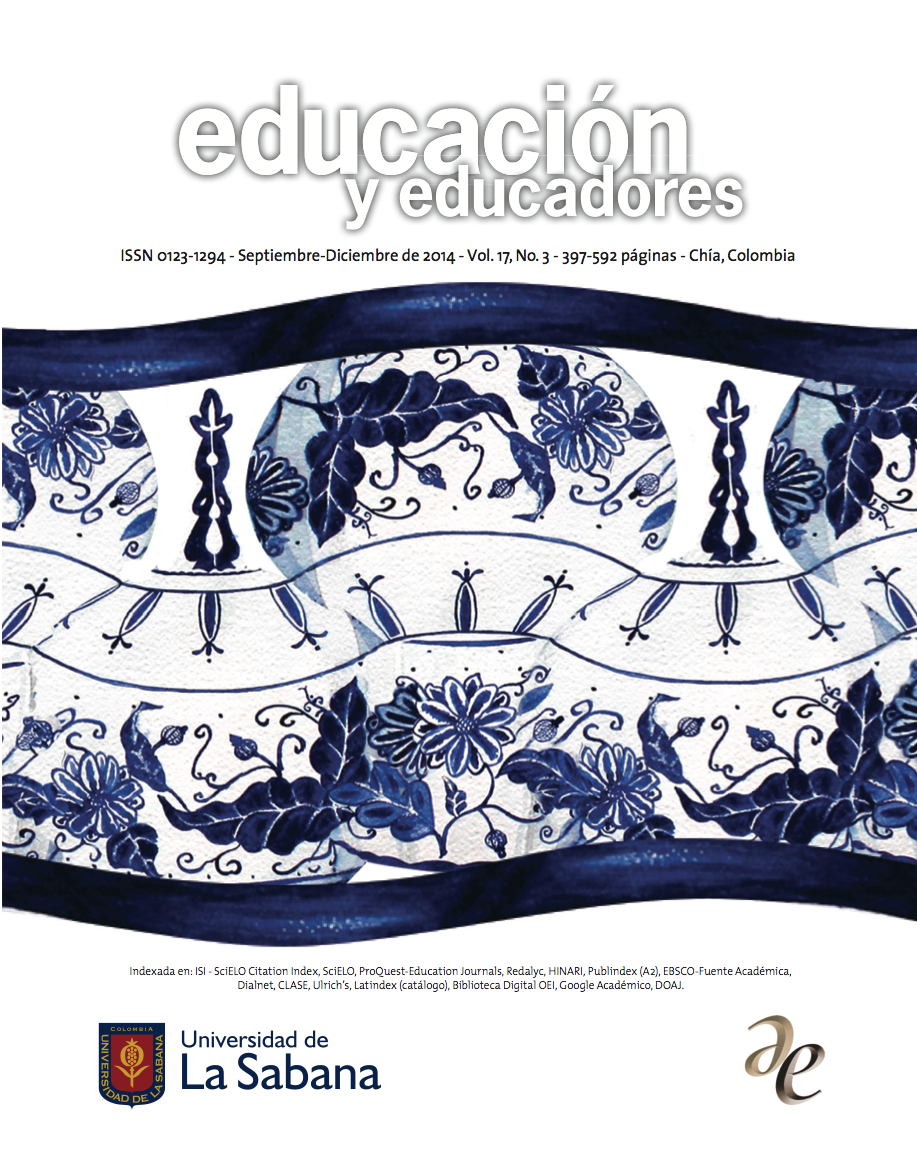Disruptive Behavior of Students at Single-Sex, Co-Educational and Inter-Educational Schools
Keywords:
Coeducation, school discipline, secondary school students, school grouping, Arequipa (Perú) (Source, Unesco Thesaurus).Abstract
In the context of the current debate on the best way to group students in school (single- sex schooling vs. coeducation), some sources speak of a third approach known as dual academy schools, in which boys and girls are educated separately, in separate classrooms, but at the same school, with coinciding spaces for extracurricular activities. However, this phenomenon has not been studied sufficiently. While some regard dual academy as just another form of single-sex schools, others see it as a different phenomenon, with effects somewhere between those of single-sex schooling and coeducation. To contribute evidence in that regard, this study measures the frequency of disruptive behavior in a sample of 295 sophomore secondary-school students (average age: 13) at single-sex, dual academy, and coeducational schools in an economically disadvantaged area of Arequipa (Peru) in order to examine the correlation between the way students are grouped and their behavior. The results show a statistically significant difference in one of the sub-variables of disruptive behavior; namely lack of responsibility, a difference to the detriment of the coeducational school students in the sample. A significant, but weak, correlation was found between the subvariable behavior disruptive of social relations in class and coeducation, suggesting the closer a school in our sample is to the coeducational model, the more this kind of behavior will be found among its students. The study was controlled for extraneous variables.Downloads
Download data is not yet available.
Published
2015-02-06
How to Cite
Gordillo, E. G., Rivera Calcina, R., & Gamero, G. J. (2015). Disruptive Behavior of Students at Single-Sex, Co-Educational and Inter-Educational Schools. Educación Y Educadores, 17(3). Retrieved from https://educacionyeducadores.unisabana.edu.co/index.php/eye/article/view/4416
Issue
Section
Educación escolar
License
1. Proposed Policy for Journals That Offer Open Access
Authors who publish with this journal agree to the following terms:
-
This journal and its papers are published with the Creative Commons License CC BY 4.0 DEED Atribución 4.0 Internacional. You are free to share copy and redistribute the material in any medium or format if you: give appropriate credit, provide a link to the license, and indicate if changes were made; don’t use our material for commercial purposes; don’t remix, transform, or build upon the material.






